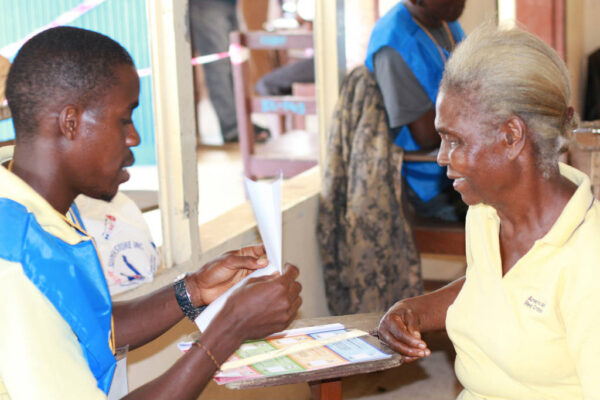


One might speculate that a mixture of ‘guilty’ voters and ‘self-fulfilling prophecies’ (if I believe the pollsters are liars, I will in turn lie to them), explains this.īut, at least in the specific case of Brazil (and studies in the United States have shown something similar with Trump’s vote), it is a fact that the polls showed majority support for Lula in the lowest-income strata of the population, and the reverse for Bolsonaro. It is easy to see that the far right, around the world, has often had larger effective votes than those predicted by opinion polls. However, this alone cannot explain Bolsonaro’s level of support. It’s clear that a majority of Ciro’s supporters moved across to Bolsonaro – something that our aforementioned hopeful optimism failed to anticipate, having assumed that these ‘centre-left’ votes would go to Lula, when in fact Gomes’ main talking point was his hostility to the Workers Party. But they were much less correct about Bolsonaro’s vote, and the vote for Ciro Gomes. In superficial terms, the polls estimated Lula’s vote correctly (within the margin of error), as well as Simone Tebet’s overtaking of Ciro Gomes. The second lesson is that electoral surveys need to be read not just mathematically, but with a view to the political and social dynamics that run too deep to be captured by a superficial snapshot of a given sample of voters at a given moment. This anti-Workers Party sentiment still serves to encourage ‘tactical voting’ for Bolsonaro, as was evident in Bolsonaro achieving a much higher vote in São Paulo and Rio de Janeiro than polls had predicted. Moreover, we underestimated the strength of anti-Workers Party feeling in the country and particularly in the South-Central regions, as if this had been fully overcome by Lula’s opinion poll advances since the Supreme Court’s overturning of his prior legal convictions in April 2021. The greatest sign of this is the impressively stable electoral support for Bolsonaro of around a third of the electorate which, despite some fluctuations, has been captured in polls throughout his tenure, in spot of the nauseating trail of destruction and death of the last four years.

The social strength of Bolsonarista neo-fascism (as well as Bolsonaro’s first-round vote tally) has grown and solidified since 2018. The first lesson, obvious but still difficult to grasp, is that our optimism of the will can never substitute for realistic analysis.

We now know that defeating Bolsonaro by electing Lula will be more difficult, and therefore it is all the more vital. Some lessons must be learned immediately, because we face an enormous challenge in the coming weeks. The first round of the 2022 general elections brought a bitter surprise for left-wing activists who, following the opinion polls, expected that Lula would win outright in the first round, or would head to a second round with a wide margin to his advantage over Bolsonaro. Lula addressing Workers Party colleagues – photo by Paulo Pinto for Agencia PT used under CC licence. Brazilian activist and author Marcelo Badaró Mattos looks at why the left did not break through, and argues for a different strategy to win the second round. Hopes were high that Bolsonaro would be removed in the first round of Brazil’s elections.


 0 kommentar(er)
0 kommentar(er)
